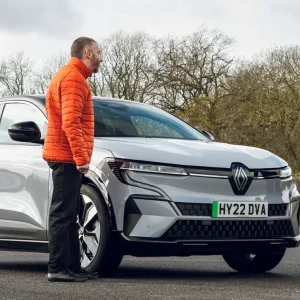Like a lot of people, I have found the recent ‘demonisation’ of diesel a frustrating development. As someone whose working days are spent recommending the best car and van choices for fleets based on a balance of cost, driver and environmental needs, I know that diesel remains the best option in a lot of circumstances.
Let’s say it once more – a Euro 6 diesel is the obvious vehicle for higher mileage company car drivers. But that is a truism which can be difficult to communicate in the current climate.
So that’s why it is interesting to see more tech-based news that could shift the impetus back towards diesel. A few weeks ago, in a BusinessCar blog, I mentioned a development pioneered at Loughborough University that could slash diesel emissions.
Now, we have seen a potentially even more significant announcement from Bosch, which reports it has created technology that reduces real-world NOx emissions by 90%.
Currently, cars must produce no more than 168mg/km of NOx. Bosch says it has reduced this on a test Volkswagen Golf to just 13mg/km in mixed driving conditions and 26mg/km in urban environments. Importantly, it says that the technology can be added to production cars right now with limited modifications needed.
Of course, developing this kind of technology is only part of the answer to the current diesel conundrum. It also needs to be relatively low-cost and there probably needs to be some form of official recognition of the reduced emissions of these new cars. The advantage gained is of limited use if they just fall into the standard Euro 6 category.
We are watching all of these developments with a great deal of interest. While, as a company, we fully support a shift to zero emission fuel types, we also feel that diesel still has a definite role to play and that it is in danger of being unfairly written off too soon.
Shaun Sadlier is head of consulting at Arval



